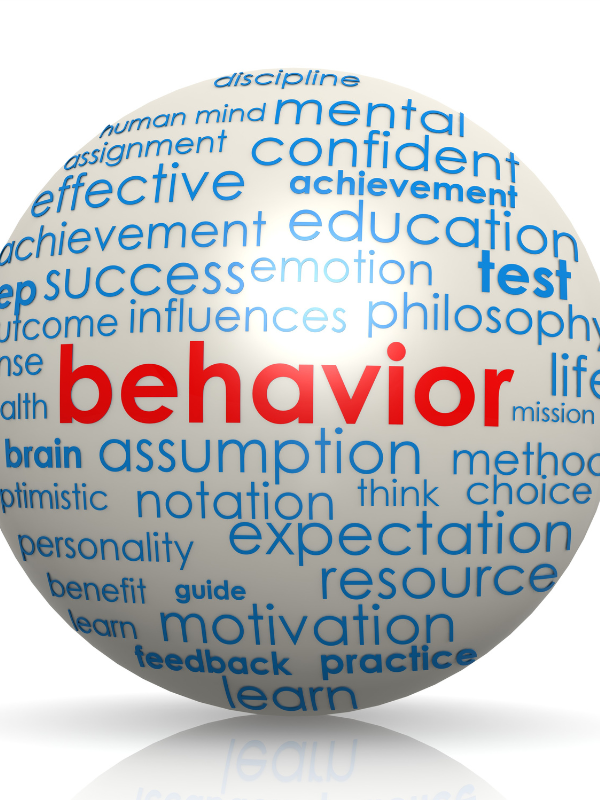
Comparing three classes of type 2 diabetes drugs, researchers found one class, which includes Onglyza and Januvia, did not reduce death risk.
Source: Class of type 2 diabetes drugs doesn’t cut death risk compared to placebo

Comparing three classes of type 2 diabetes drugs, researchers found one class, which includes Onglyza and Januvia, did not reduce death risk.
Source: Class of type 2 diabetes drugs doesn’t cut death risk compared to placebo

Nearly one in three California kids drink at least one sugar-laden drink daily even though doing so increases their risk of obesity, tooth decay and a host of other health problems from type 2 diabetes to liver disease.
Source: Report: Sugar-laden drink consumption on the rise among California kids

Cruelly, the gene is sex specific: Men with the same variation of the fat-distribution gene have a much less heightened diabetes risk.
Original Article: Gene Affects How Some Women Store Fat – And Ups Their Diabetes Risk

Parents and healthcare workers should carefully consider the risk for obesity in infants born to women with diabetes, especially infants born large for gestational age, and should initiate preventive measures where possible.
Source: Obesity Risk in Infants Born to Women With Diabetes – Endocrinology Advisor

English professor and runner Brian Oliu recounts eating a dozen donuts during a two-mile run
Source: The Body Slowed by Sugar

Researchers found that the healthier a person’s diet, the more food they threw in the trash
Source: Americans waste nearly a pound of food each per day, study finds

A biomedical tattoo that changes color when calcium in the blood is too high could one day be used to monitor for the earliest signs of cancer, scientists report in a new study.
Source: Scientists create a biomedical tattoo to monitor for a sign of cancer

Claire Novorol’s app helps millions of patients in areas with limited access to healthcare check their symptoms
Source: Stop Googling your symptoms – the smartphone doctor is here to help

The ketogenic diet was recently called the “latest buzzy” weight loss plan by the mainstream media. However, this particular weight loss plan actually dates, according to some estimates, to as early as 500 BC.Fast forward to the 1920s, when the diet was linked to treating epilepsy. Even more recently, the ketogenic diet has “exploded in use and scientific interest” in this century, according to one researcher.

Shelley Case is a well-known Dietitian and international expert on all aspects of the gluten-free diet. Shelley and I discuss labelling laws in Canada and the US to help you determine the safety of packaged foods. We also talk about the safety of gluten-free oats.

For millions of people with diabetes, performing finger-prick blood tests to monitor blood glucose levels is an unpleasant part of daily life. If a new glucose-monitoring adhesive skin patch reaches commercialization, however, such jabs may become a thing of the past.
Source: Glucose-monitoring patch could mean no more finger-pricking for diabetics

Launched late last month, Fitbit’s Ionic is the company’s attempt at claiming some territory from smartwatch heavyweights like Apple and Garmin. Now the feature-packed wearable is set to gain a handy new piece of functionality, with the ability to display glucose levels on the user’s wrist.
Source: Fitbit’s Ionic to offer glucose monitoring for diabetics

Love it or hate it, Swedish scientists have another reason for you to finish your broccoli: sulforaphane, an antioxidant found in the vegetable, could be Nature’s secret weapon against Type 2 diabetes, offering obese patients a way to slash their blood glucose levels and fight the disease.
Source: Broccoli compound could offer obese diabetics a drug-free way to slash blood sugar levels

Ready to change your thoughts and habits around food and health? We are one week into the New Year and most of us are still recovering from back-to-back family dinners, decadent holiday treats and beverages, bubbly cocktails

Living with diabetes is no simple thing. And figuring out what you can safely eat to keep your blood sugars within safe ranges – not too high, not too low – can be quite the learning curve.

Whether you’ve been struggling with type-2 diabetes for years or are a pre-diabetic individual who needs to make some changes, the Keto Diet could be the diet you’ve been looking for. Here are 3 things type-2 diabetics need to know before starting the Keto Diet to help you to decide whether the Keto Diet is right for you.
Source: 3 Things Type-2 Diabetics Need To Know Before Starting The Keto Diet – Dietingwell Keto

As we start the new year, many people are looking to lose weight. Fasting, the voluntary abstention from eating is an ancient weight loss.
Source: The #1 Rule of Fasting

Like your body, there are many forces and feedback loops that moderate the particular equilibrium of your habits. Your daily routines are governed by the delicate balance between your environment, your genetic potential, your tracking methods, and many other forces. As time goes on, this equilibrium becomes so normal that it becomes invisible. All of these forces are interacting each day, but we rarely notice how they shape our behaviors.
Source: The Paradox of Behavior Change

Pasta may aid in weight loss as part of overall low-glycemic diet

Britain’s sugar tax on soft drinks came into effect on Friday, a move that will lead to some higher prices as the country seeks to battle childhood obesity.
Source: U.S.